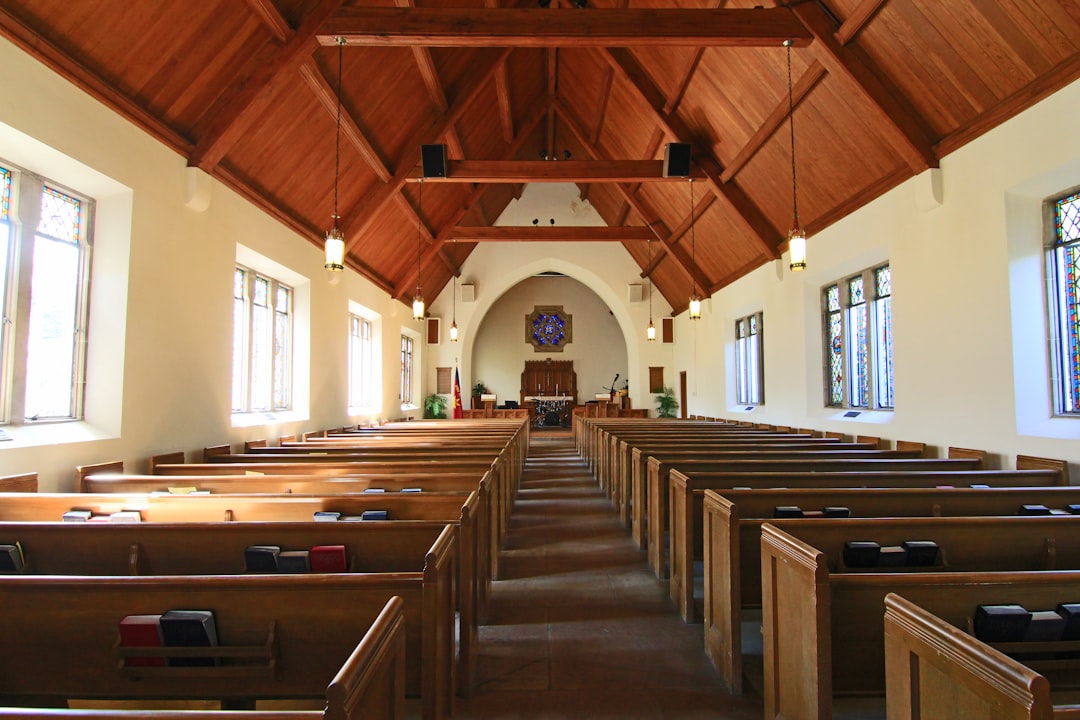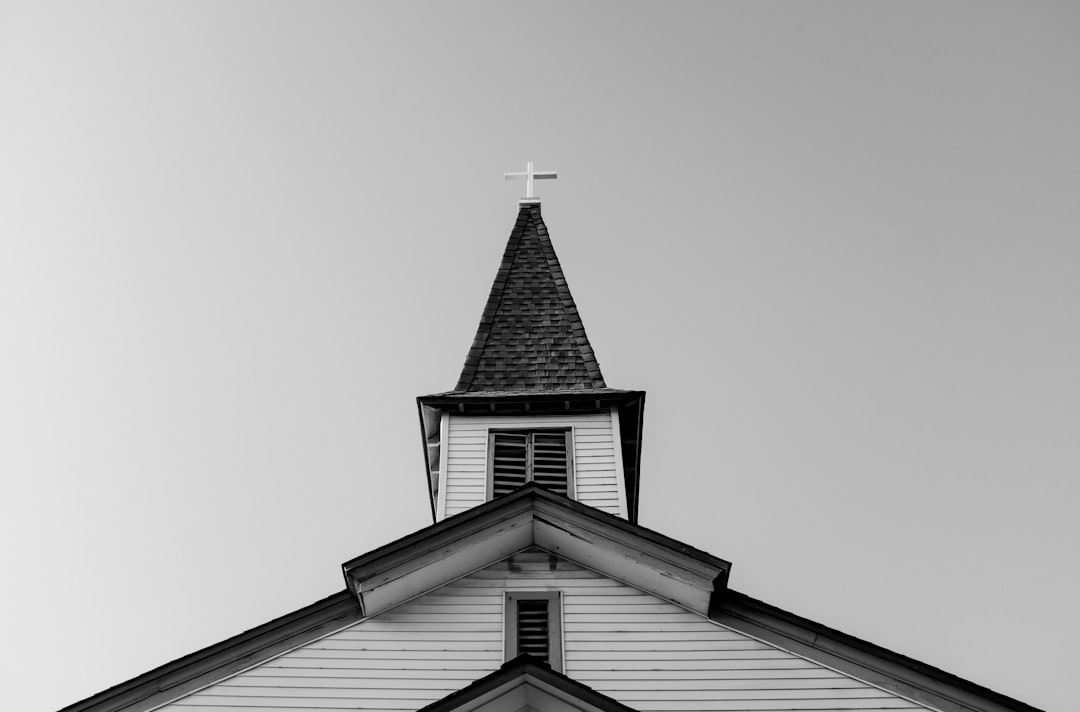Clerical abuse in Oregon can cause significant harm, making legal assistance crucial. Victims need skilled clergy abuse lawyers to navigate laws, seek justice, and heal. These professionals advocate for compensation and systemic changes. Selecting an experienced lawyer with compassion is vital for guiding survivors through the complex legal process, ensuring their rights are protected.
Finding Justice: Navigating Legal Support for Clergy Abuse Victims in Oregon
In Oregon, the issue of clerical abuse has prompted a growing need for specialized legal assistance. This article aims to guide victims through the complex process of seeking justice. We explore the unique challenges of identifying and understanding clerical abuse within the state’s legal framework. From recognizing your rights to choosing the ideal clergy abuse lawyer in Oregon, we provide a comprehensive roadmap. Additionally, we offer insights into the legal steps involved and emphasize the importance of support resources for healing and recovery.
Understanding Clerical Abuse in Oregon

In Oregon, clerical abuse refers to any form of misconduct, exploitation, or harassment committed by members of the clergy against individuals within their care or congregation. This can encompass a range of harmful behaviors, including emotional manipulation, physical abuse, sexual assault, and financial exploitation. Victims may struggle with profound trauma, depression, anxiety, and other mental health issues as a result.
Seeking legal support from an experienced clergy abuse lawyer Oregon is crucial for victims who have suffered at the hands of religious leaders. These professionals can help individuals understand their rights, navigate complex legal processes, and pursue justice. They work tirelessly to ensure that victims are heard, held accountable, and compensated for their suffering while also advocating for systemic changes to prevent future instances of clergy abuse.
Legal Rights for Victims: A Comprehensive Guide

For survivors of clergy abuse, understanding one’s legal rights is a crucial step in the healing process. If you’ve experienced any form of sexual misconduct, emotional abuse, or exploitation at the hands of a religious leader, you have the right to seek justice and hold the perpetrator accountable. In Oregon, there are specific laws in place to protect victims and provide them with avenues for legal redress. Engaging the services of an experienced clergy abuse lawyer Oregon is essential to navigating this complex landscape.
A skilled attorney specializing in clergy abuse cases can offer a comprehensive guide to your rights, help you understand the legal options available, and ensure that you receive fair compensation for the harm you’ve endured. They will fight for your rights, protect your privacy, and guide you through the legal process with compassion and professionalism. Don’t let the complexities of the law deter you from seeking justice; reach out to a trusted lawyer who can provide clarity and support throughout your journey towards healing and reconciliation.
Choosing the Right Clergy Abuse Lawyer

Choosing the right clergy abuse lawyer in Oregon is a critical step for victims seeking justice and healing. It’s essential to find an attorney who has extensive experience handling such sensitive cases, possesses deep knowledge of church laws and legal procedures, and demonstrates a genuine compassion for the unique challenges faced by survivors. Look for lawyers specializing in clergy abuse who have a proven track record of successful outcomes and a commitment to advocating for victims’ rights.
When evaluating options, consider attorneys with strong connections to Oregon’s legal community and a deep understanding of local religious institutions. This familiarity can be invaluable in navigating complex cases. Additionally, ensure the lawyer maintains open communication, respects your boundaries, and provides clear guidance throughout the legal process. Choosing an attorney who prioritizes your well-being and works diligently to secure justice is paramount in navigating the path towards healing.
The Oregon Legal Process: Step-by-Step

In Oregon, victims of clergy abuse seeking legal redress face a complex process. The first step is to consult with a clergy abuse lawyer who specializes in such cases. This attorney will provide guidance tailored to Oregon’s legal landscape and help understand the options available under state laws. They’ll also assist in gathering essential evidence, which may include documents, statements from witnesses or other victims, and any relevant correspondence with the religious institution.
Once prepared, the victim and their lawyer file a claim against the responsible clergy member(s) or the religious organization. This typically involves submitting a complaint to the appropriate court. After filing, the legal process unfolds in stages: service of summons, response from defendants, discovery (exchanging information between parties), pre-trial motions, and eventually, trial. Throughout this journey, an experienced clergy abuse lawyer in Oregon remains a vital ally, ensuring victims’ rights are protected and guiding them towards justice.
Support and Resources for Healing

For survivors of clergy abuse, seeking support and resources for healing is an essential step towards recovery. In Oregon, several organizations and legal support services are dedicated to assisting individuals who have experienced trauma within religious institutions. These services provide a safe space for victims to share their stories and connect with others who understand their unique challenges. With the help of trained professionals, survivors can begin the process of healing and rebuilding their lives.
A clergy abuse lawyer in Oregon plays a crucial role in this journey by offering legal counsel tailored to the specific needs of victims. They provide guidance on navigating complex legal matters, ensuring that rights are protected and justice is sought. Many law firms specializing in this area offer free initial consultations, allowing survivors to discuss their cases without financial burden. This support network is vital in helping individuals find closure and hold accountable those who have caused harm.






